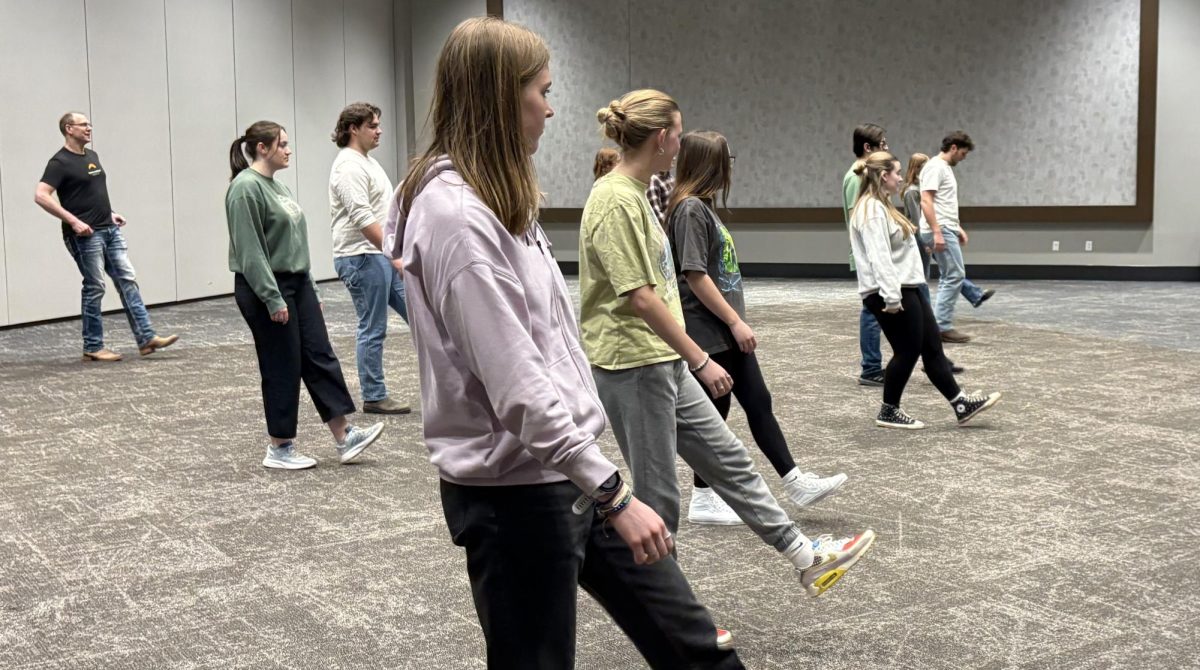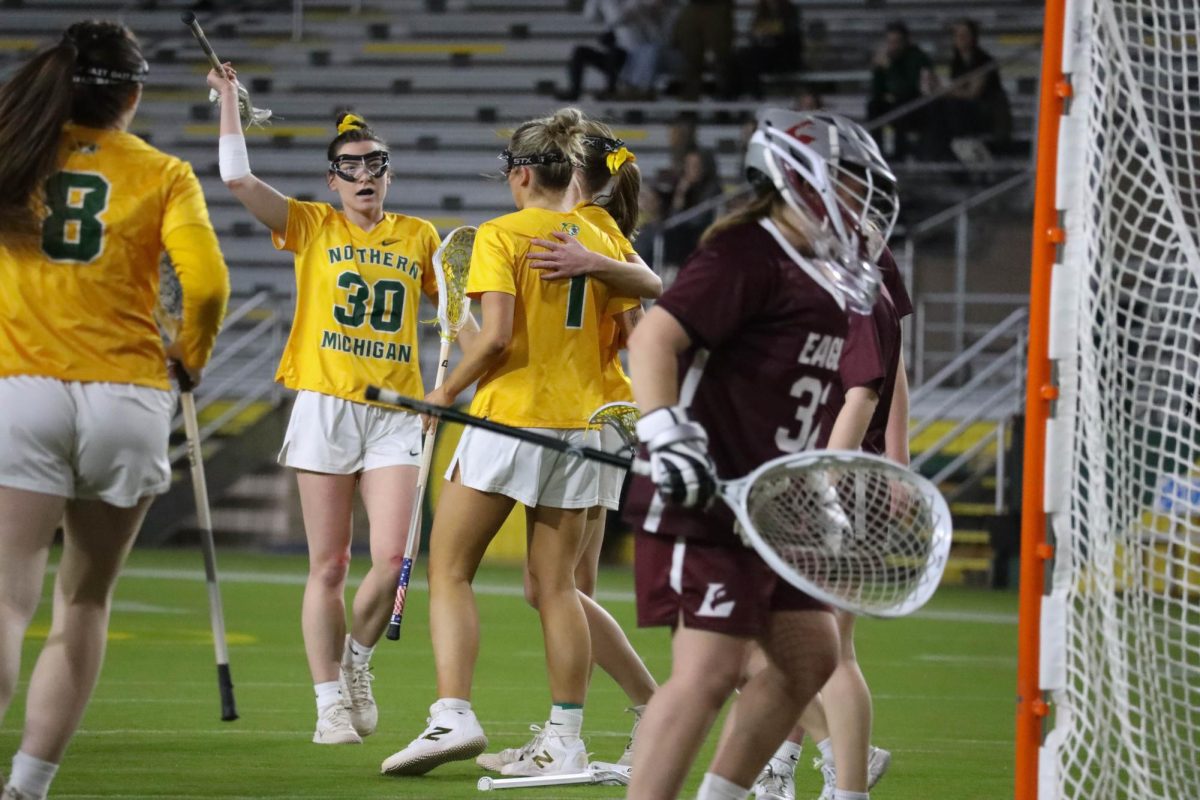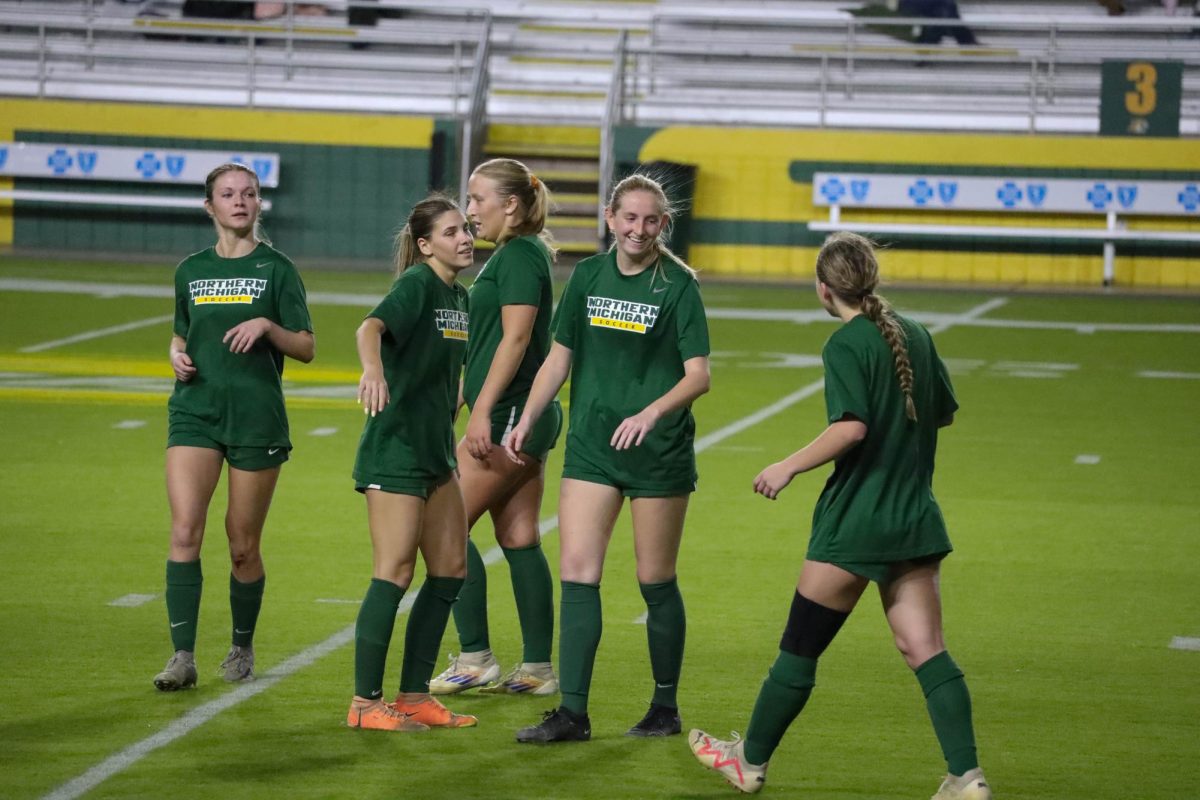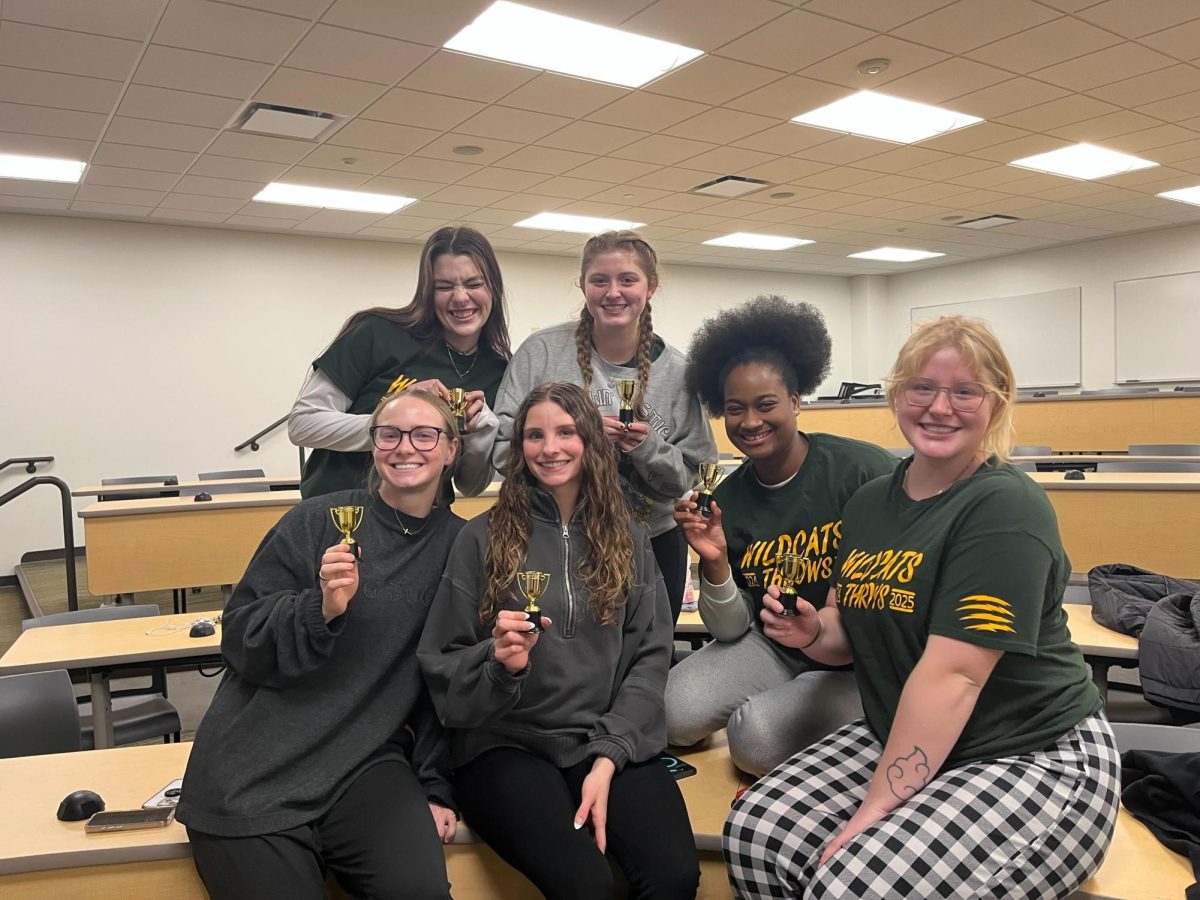Through a new cultural expansion program, NMU has welcomed a score of international foreign exchange students and faculty to the campus, and with them more diversity.
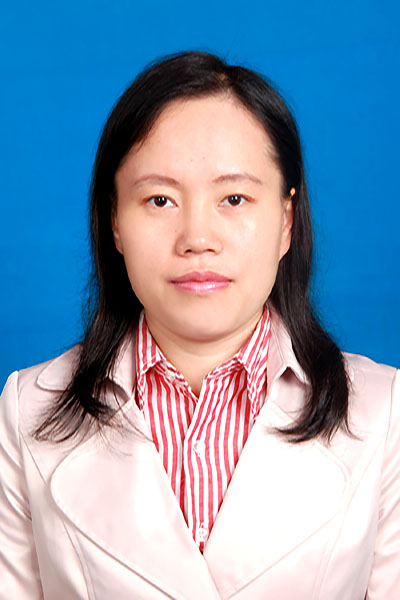 This semester the NMU community has 125 international students from various countries, 55 of whom are new, as well as, two professors from China. These students typically stay one or two semesters at Northern.
This semester the NMU community has 125 international students from various countries, 55 of whom are new, as well as, two professors from China. These students typically stay one or two semesters at Northern.
Steve VandenAvond, vice president of Extended Learning and Community Engagement, described the importance of this cultural exchange program.
“[President Erickson] thinks some international education is important to every student—having students travel abroad and having international students here,” VandenAvond said.
“A university education isn’t just learning the content of an academic discipline, it’s learning about the world in which we all live. He’s committed to diversity—making sure Northern students have experiences with people of diverse backgrounds and opinions.”
The Extended Learning and Community Engagement division is directly responsible for recruiting international students and faculty as well as Northern students for the exchange.
Once international students come to NMU, the International Programs Office provides many services to assist them. The office focuses on international student documentation and advising, study abroad exchange opportunities for students going out and coming in, and international support and services.
Those services include airport pickup, student ambassadors to welcome international transfers, orientation, shopping trips, a Marq-Tran tour, a mentor program, and other events throughout the year.
“[We’re here] when students just need some help,” Mary Brundage, associate dean of students, said. “There’s such an investment—multiple people in multiple offices to say, ‘Hey, this is important to everybody.’”
One issue facing the program is that these exchanges have been uneven, she said: More international students come to Northern than NMU students study at foreign universities.
“It’s lopsided, so it can’t really be called an exchange,” she said. “But when you’re so committed to internationalization and people want to come here, you just don’t want to turn them away just because we don’t have any Northern students headed to their country.”
Brundage expressed her ideas for solving the problem.
“For faculty members to encourage students to study abroad, I think that would really help to make them true, equal exchanges. It needs to be ingrained in academic programs to really promote exchanges. That would be great if we could head in that direction,” she said.
The Exchange Beyond Match scholarship program is available for international students. It lowers their tuition rate to in-state prices, making Northern more accessible for them, Brundage said.
One of the international faculty this semester is Professor Huang Xiuguo. With a Ph.D. in English and American literature, she came from Shandong University at Weichai, China.At NMU she teaches World Literature/English: Chinese Literature, but back in China, she instructed classes in American literature.
“I’m here not just to teach classes,” Huang said. “I’m also here to learn about American education and the faculty here, how they teach their classes. I’m here to learn for me, myself.”
This has been her first time residing in the United States, and so far Marquette has impressed her.
“The natural scenery, the forest, lake, clean air, it’s very charming—impressive,” she said. “Also the people here are very friendly and helpful, and the students too. They’re very attentive and interested in the classes.”
Huang described a major challenge for many international students.
“Language is the biggest issue,” Huang said. “If you can’t understand the teacher or what the other students are saying, there’s no hope. A few days ago, I bumped into a freshman from China. She said understanding the language was her biggest problem. It wasn’t the [same] English she learned back in China,” she said.
NMU’s International Language Institute offers English as a second language to assist these students on bettering their English skills which include reading, writing, speaking and listening.
“I think from the perspective of the students, American and Chinese, they both work hard. But Chinese students keep what they learn to themselves; there’s not as much critical thinking,” Huang said.
“We don’t emphasize open thinking enough and encourage students to think for themselves. Here at NMU, we focus more on their knowledge and thinking than just education. That could be because classes are much larger in China,” she added.





